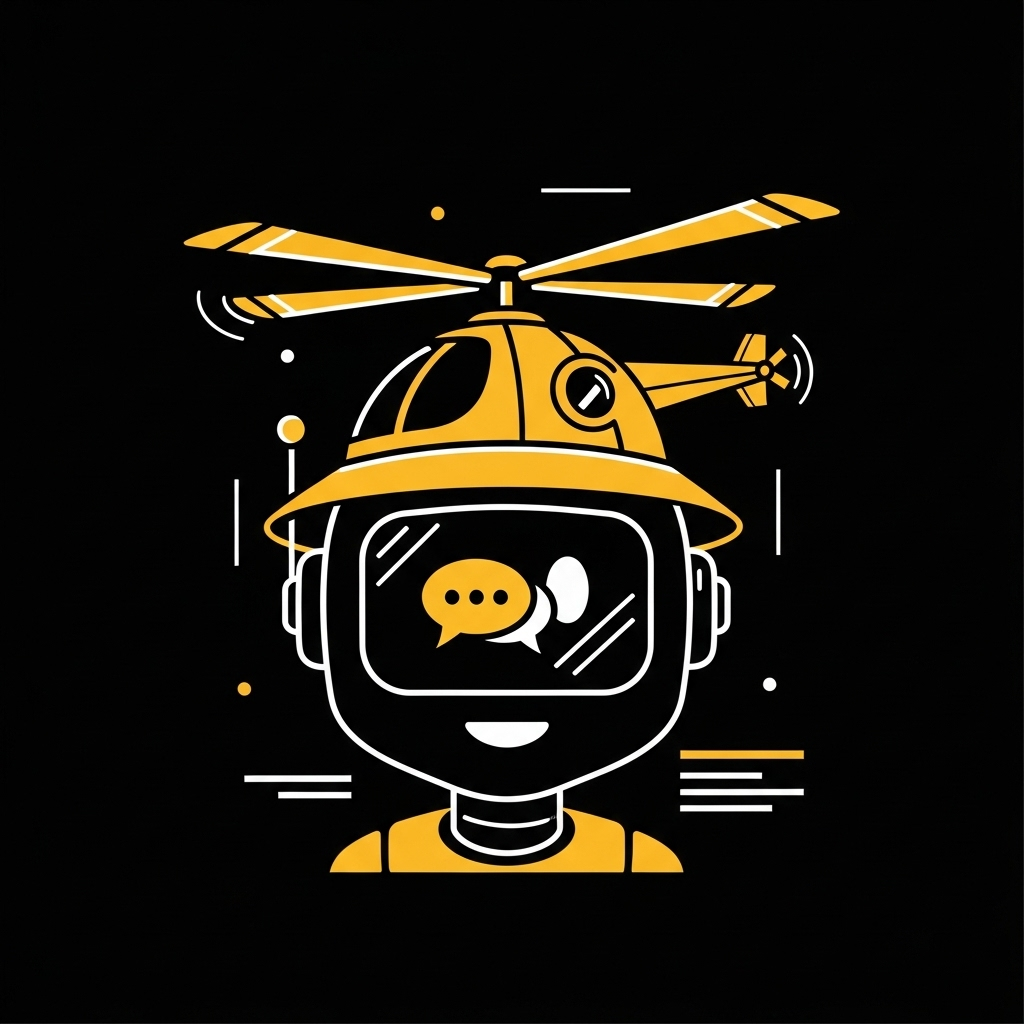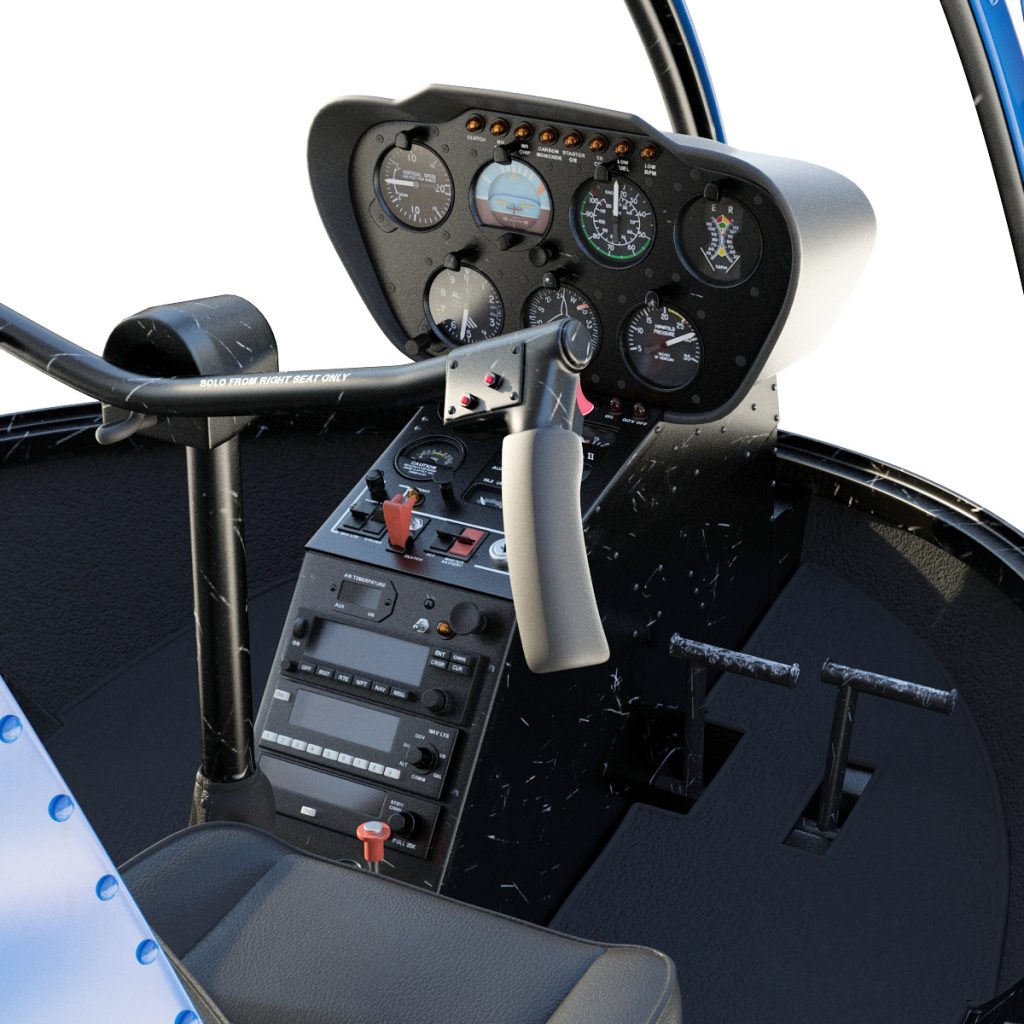1. What are AI-powered study sessions and how do they differ from traditional learning methods?
AI-powered study sessions transform traditional, passive reading and learning into dynamic, interactive experiences. Unlike static study materials, AI tools leverage machine learning and natural language processing to analyze a learner’s progress, identify knowledge gaps, and tailor content adaptively. They offer features such as real-time quizzes, contextual explanations, multimedia annotations, and intelligent feedback systems. This personalized approach enhances engagement, improves retention, and fosters a deeper understanding of complex subjects by making learning a collaborative and interactive process.
2. What are the key features and benefits of interactive AI-powered learning tools?
Interactive AI-powered learning tools come equipped with a range of features designed to optimize the study experience. These include adaptive learning pathways that customize content based on individual progress, voice recognition for hands-free interaction, and intelligent feedback systems that provide immediate, constructive critiques. Many tools incorporate gamification elements (badges, leaderboards, challenges) to boost motivation and integrate multimedia content (videos, interactive diagrams, simulations) to cater to diverse learning styles. Natural language processing facilitates conversational interactions, allowing learners to ask questions and receive instant, context-aware responses, ultimately making study sessions more engaging and effective. The benefits include enhanced comprehension, increased motivation, and improved retention of information.
3. How does the HeliAI Chatbot specifically assist aspiring helicopter pilots?
The HeliAI Chatbot acts as an AI-powered Certified Flight Instructor (CFI) for individuals pursuing a Private Pilot (Helicopter) certificate. It provides instant, authoritative help with a wide range of topics, including rotorcraft aerodynamics, emergency procedures, VFR visibility rules, and checkride questions. The chatbot is specifically trained on FAA documents, the Helicopter Flying Handbook, Pilot’s Handbook of Aeronautical Knowledge, and the Robinson POH (Pilot’s Operating Handbook), ensuring trustworthy and accurate answers. It can answer questions, explain tough concepts, quiz users on FAA exam topics, and walk them through maneuvers and regulations, offering 24/7 support to help students prepare for FAA written and checkride exams.
4. What is the typical duration for PPL ground school and what factors influence study time?
The duration of Private Pilot License (PPL) ground school courses generally ranges from 6 to 12 weeks for part-time students, with some intensive courses completing in as little as 4 weeks. Full-time or accelerated programs may be even shorter. Key factors influencing study time include prior aviation knowledge or experience, personal learning style and study habits, the complexity of the course material, and teaching methods (in-person vs. online modules). External commitments like work or family responsibilities can also extend the timeline. Many flight schools offer online or self-paced options to provide flexibility.
5. What are effective study strategies for PPL ground school success?
To succeed in PPL ground school, adopting effective study strategies is crucial. These include active learning techniques such as taking detailed notes, asking questions, and engaging in discussions. Utilizing visual aids like charts, diagrams, and videos can enhance comprehension. Regular review sessions and practice quizzes are essential for identifying weaknesses and consolidating knowledge. Creating a consistent study schedule, breaking down topics into manageable segments, and setting clear milestones helps maintain motivation and prevent cramming. Leveraging online resources and joining study groups also provide valuable support and diverse perspectives.
6. How do AI tutors optimize helicopter training beyond ground school?
AI tutors serve as intelligent, adaptive assistants that extend beyond ground school by simulating aspects of human instruction in practical helicopter training. They can assess a trainee’s knowledge, identify areas needing improvement, and tailor questions to match the learner’s skill level. By providing dynamic interactions and personalized feedback, AI tutors promote active engagement and critical thinking. They can suggest targeted exercises or review materials based on individual needs, accelerating skill acquisition. This continuous, customized feedback helps trainees develop better situational awareness and decision-making skills, reducing the number of training hours needed and ultimately producing more competent pilots.
7. What is spaced repetition and how can it be used for PPL exam success?
Spaced repetition is a powerful learning approach that involves reviewing information at strategically increasing intervals to reinforce memory and combat forgetfulness. This method helps transfer knowledge into long-term memory, making it highly effective for complex subjects like aviation theory, regulations, and aerodynamics. For PPL training, it ensures critical concepts are consistently revisited, leading to better retention of procedural knowledge and safety protocols. To implement it, break down the syllabus into manageable topics, create a schedule for revisiting each area at increasing intervals, prioritize difficult subjects, and use active recall techniques like self-quizzing. Digital flashcard apps (e.g., Anki, Quizlet) often integrate spaced repetition algorithms to facilitate this process.
8. What are the future trends and implications of AI in education, particularly for self-study and pilot training?
AI-powered study sessions are poised to become even more sophisticated, with advancements in natural language understanding, emotion recognition, and virtual reality integration leading to more immersive and emotionally responsive learning environments. For self-study, these tools will become more intuitive and seamlessly integrated into daily routines, fostering autonomous, self-directed learning. In broader education, AI can democratize access to quality instruction, support lifelong learning, and reduce disparities by providing tailored resources to diverse populations. For pilot training, AI tutors will continue to streamline training workflows, potentially lower costs, and produce more competent pilots, enhancing safety and operational readiness within the aviation industry by optimizing learning experiences through intelligent questioning, personalized feedback, and data-driven evaluation.


